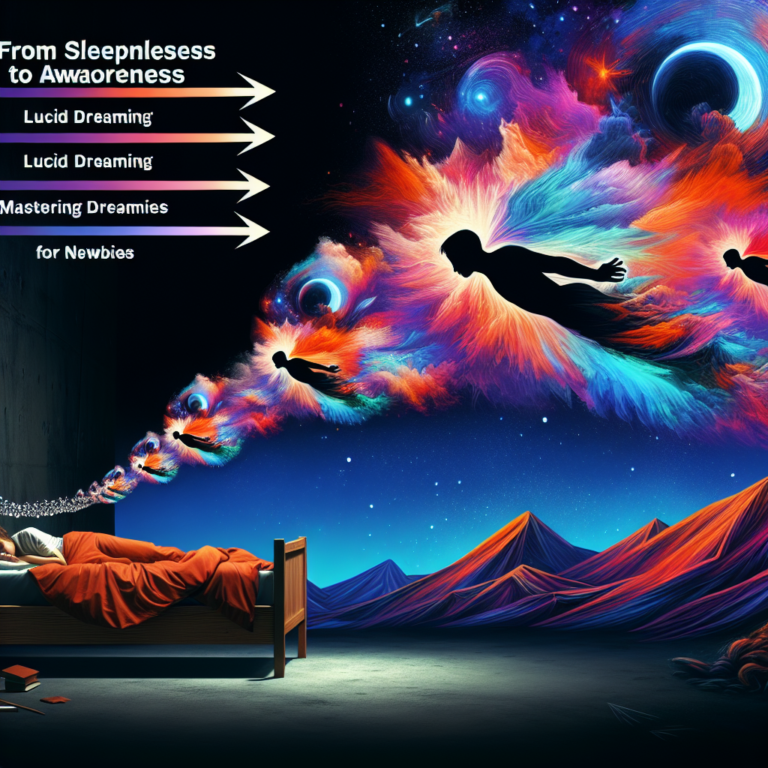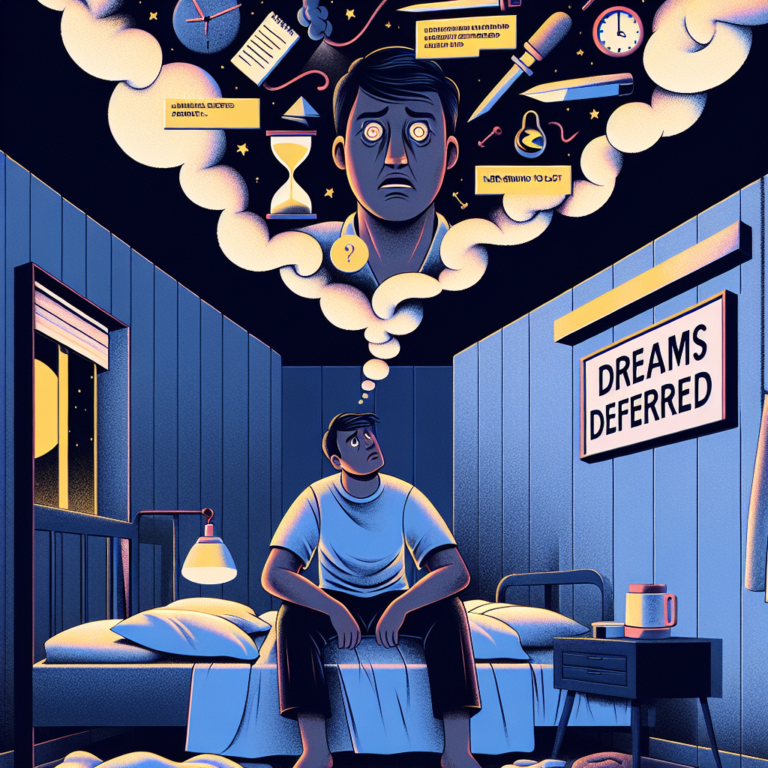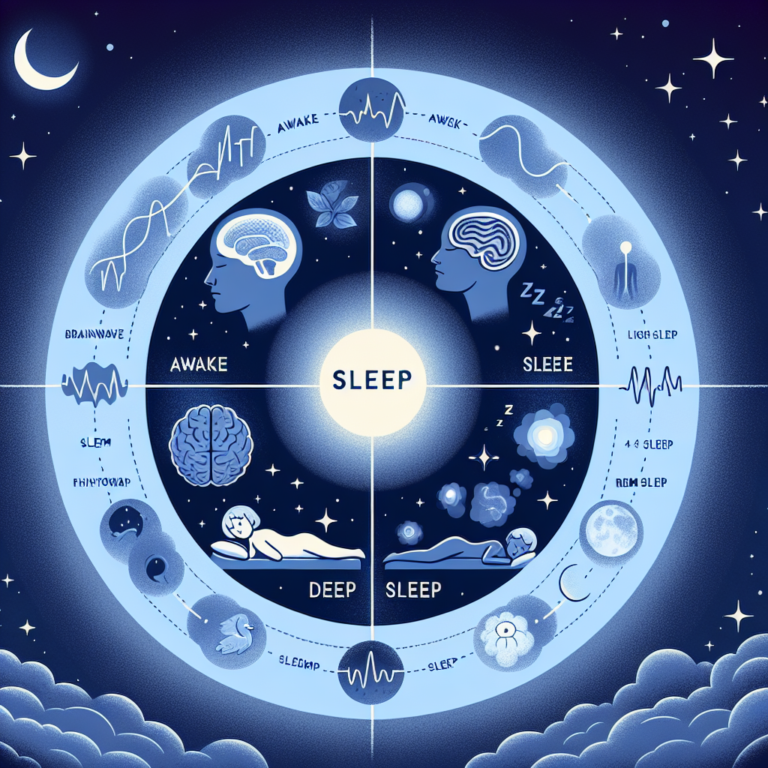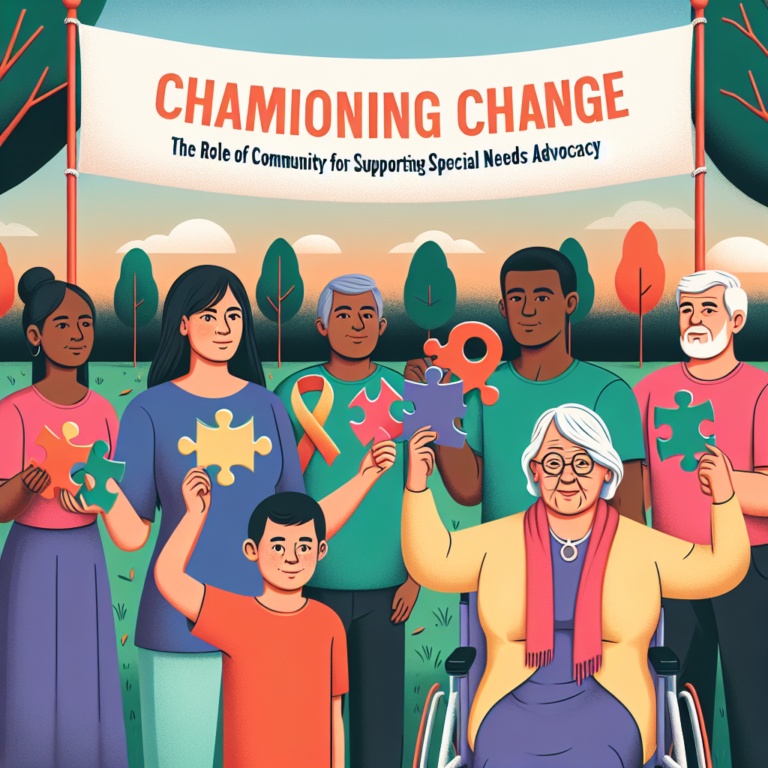
Waking Nightmare: The Proven Consequences of Sleep Deprivation on Emotional Stability
Introduction
Imagine waking up feeling as if you have been trapped in a waking nightmare. Your mind is clouded, your emotions are erratic, and the simplest decisions feel monumental. For many, this scenario is not just a fleeting moment but a daily struggle endured due to sleep deprivation. Today, we delve into Waking Nightmare: The Consequences of Sleep Deprivation on Emotional Stability, exploring its profound effects and offering insights that could transform lives.
As our world becomes increasingly busy and demanding, sleep is often the first victim. We prioritize work over rest, thinking we can catch up on sleep later, but this has serious repercussions. The relationship between sleep and emotional stability is intricate and critical. In this article, we’ll uncover the mechanisms through which sleep deprivation impacts emotions and mental health, and we will present case studies, scientific findings, and real-world applications that highlight the significance of prioritizing sleep.
The Science Behind Sleep and Emotion Regulation
To understand Waking Nightmare: The Consequences of Sleep Deprivation on Emotional Stability, we must first explore how sleep affects the brain. Sleep is not merely a state of rest; it is a complex process involving various stages, each playing a role in emotional and cognitive health.
The Stages of Sleep
There are two main types of sleep: Rapid Eye Movement (REM) and Non-REM (NREM) sleep. Each stage contributes to different aspects of emotional regulation.
NREM Sleep (Stages 1–3): This stage is crucial for physical restoration and memory consolidation. Disruptions in NREM sleep can impair cognitive functions and lead to issues with emotional regulation.
- REM Sleep: This stage is where dreaming occurs and is critical for processing emotions. Lack of REM sleep has been linked to increased anxiety and emotional instability.
The Amygdala and the Prefrontal Cortex
The amygdala is the brain’s emotional center, while the prefrontal cortex is responsible for rational thinking and decision-making. Studies have shown that sleep deprivation heightens amygdala activity while reducing prefrontal cortex function, leading to impulsive reactions and heightened emotional responses, thus creating a perfect storm for emotional instability.
Case Study: The Impact of Sleep Deprivation on College Students
The Background
A study conducted at a major university studied the sleep patterns and emotional well-being of college students during exam periods. With an increased workload, many students reported sleeping less than six hours a night, and the consequences were glaring.
Findings
Increased Anxiety: Over 70% of students reported feeling more anxious during exam weeks compared to regular weeks. Less sleep led to heightened stress responses and irritability.
- Depressed Mood: Nearly half of the participants displayed signs of a depressed mood, emphasizing the need for adequate sleep to maintain emotional stability.
Analysis
This case study illustrates a significant relationship between sleep deprivation and emotional instability. With mounting evidence, it becomes clear that ensuring students prioritize sleep could enhance their overall well-being and academic performance.
The Emotional Toll of Sleep Deprivation
The consequences of Waking Nightmare: The Consequences of Sleep Deprivation on Emotional Stability manifest in various ways. Below are some of the emotional challenges linked to chronic sleep deprivation.
1. Increased Irritability and Anger
When sleep-deprived, individuals often find their thresholds for irritation lower. This irritability can lead to conflicts in personal relationships and increased workplace tensions.
2. Heightened Anxiety Levels
Insufficient sleep can cause or exacerbate anxiety disorders. A lack of restorative sleep impairs the brain’s ability to manage stress effectively.
3. Impaired Decision-Making
Emotional regulation relies heavily on effective decision-making. Sleep deprivation leads to poor judgment and impulsive actions, as individuals may react emotionally rather than rationally.
4. Depressive Symptoms
Chronic lack of sleep is closely correlated with depression. Those who sleep poorly are at a higher risk of developing depressive symptoms, creating a vicious cycle of emotional instability.
5. Decreased Empathy
Research indicates that sleep-deprived individuals struggle to empathize with others. This lack of emotional connection can lead to social isolation.
Case Study: Corporate Environment and Sleep
The Background
In a corporate environment, one company initiated a change by encouraging employees to prioritize sleep by hosting “sleep awareness” workshops. Prior to introducing this initiative, the company experienced high turnover rates and low employee morale.
Findings
Reduction in Turnover: Within six months, the company reported a 30% reduction in turnover rates as employees felt more energized and engaged.
- Increased Productivity: Employees reported enhanced focus and productivity after implementing regular sleep routines.
Analysis
This case study highlights how corporate investment in employee well-being, particularly concerning sleep, can yield positive results in emotional stability and overall workplace culture.
Strategies for Improvement
If sleep deprivation is causing a Waking Nightmare: The Consequences of Sleep Deprivation on Emotional Stability in your life, there are actionable strategies you can adopt to reclaim your emotional health.
1. Establish a Sleep Routine
Creating a consistent sleep schedule can help regulate your body’s internal clock. Going to bed and waking up at the same time every day can significantly improve sleep quality.
2. Create a Restful Environment
Your sleeping environment matters. Ensure your bedroom is dark, quiet, and at a comfortable temperature. Investing in quality bedding can also make a huge difference.
3. Limit Screen Time Before Bed
The blue light emitted from smartphones and computers can disrupt your sleep patterns. Try to limit screen exposure at least an hour before bedtime.
4. Practice Relaxation Techniques
Meditation, deep-breathing exercises, or gentle yoga can help unwind your mind and promote better sleep.
5. Stay Active
Regular physical activity can improve sleep quality. Aim for at least 30 minutes of moderate exercise most days of the week.
The Broader Implications of Sleep Deprivation
Understanding Waking Nightmare: The Consequences of Sleep Deprivation on Emotional Stability goes beyond personal health. There are comprehensive societal implications.
Economic Costs
Sleep deprivation has been linked to decreased productivity, which can cost businesses billions each year. A study estimated that U.S. businesses lose up to $63 billion annually due to sleep-related issues.
Public Health
The growing awareness of sleep’s role in mental health has significant implications for public health policies. By promoting healthy sleep habits through education, society can mitigate mental health issues and enhance the quality of life for many.
Conclusion
In conclusion, Waking Nightmare: The Consequences of Sleep Deprivation on Emotional Stability cannot be understated. Sleep is essential for emotional regulation, mental clarity, and overall well-being. As we’ve explored, the impacts range from increased anxiety and irritability to impaired judgment and worse productivity.
Taking actionable steps to prioritize sleep can transform not only personal mental health but also enhance workplace morale and public health outcomes. As we move forward in this fast-paced world, let’s remember to make sleep a priority in our lives. With proper rest, we can conquer our waking nightmares and embrace a more stable and fulfilling emotional existence.
FAQs
1. How many hours of sleep do adults need?
Most adults need 7-9 hours of sleep per night for optimal functioning and emotional stability.
2. What are the signs of sleep deprivation?
Signs include irritability, difficulty concentrating, increased anxiety, fatigue, and mood swings.
3. How can sleep deprivation affect my health long-term?
Long-term sleep deprivation can lead to chronic health issues, including heart disease, obesity, diabetes, and mental health disorders.
4. Is napping beneficial for those who are sleep-deprived?
Short naps of 20-30 minutes can be beneficial, helping to reduce fatigue and improve mood and performance. However, long naps can disrupt nighttime sleep.
5. Can certain foods help improve sleep quality?
Foods rich in magnesium, tryptophan, and melatonin, such as nuts, seeds, turkey, and cherries, can aid in improving sleep quality.
By emphasizing the importance of sleep and its direct effects on our emotional health, we can foster a society that values restorative rest as a crucial component of our overall well-being.

















